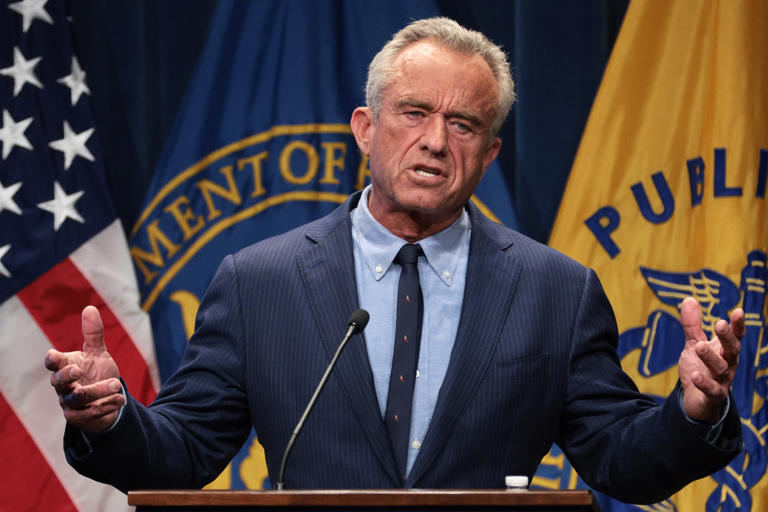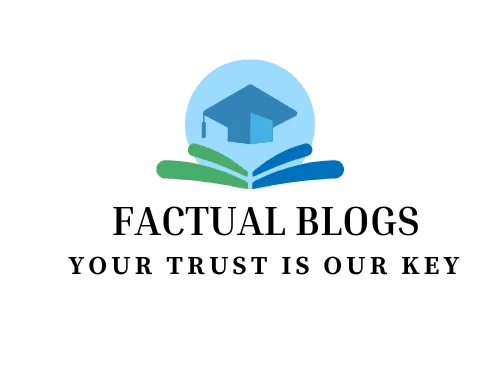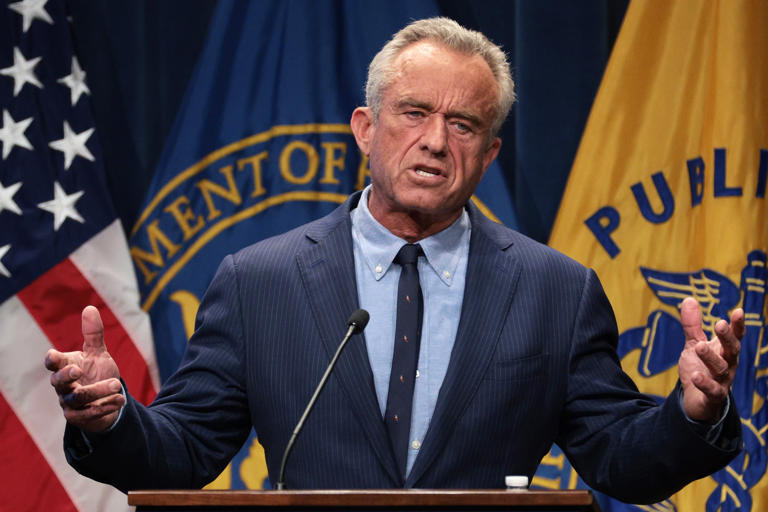RFK Jr.’s Autism Registry: A Quest for Answers or a Privacy Nightmare?
Uncover the truth behind RFK Jr.’s controversial autism registry plan in 2025. Is it a bold move to solve autism’s mysteries or a privacy nightmare? Dive into the debate, privacy concerns, and what it means for the autism community. Click to learn more!
Picture this: a huge government database holding your medical records, your prescriptions, even your smartwatch data—all to study autism. That’s the plan Health and Human Services Secretary Robert F. Kennedy Jr. rolled out in April 2025. Called the autism registry, it’s meant to help scientists crack the code on autism’s causes. But a lot of people are saying, “Hold up—this sounds like spying!” So, what’s the deal? Let’s break it down in a way that’s clear, fun, and packed with the latest scoop.

What’s This Registry Thing?
Back on April 21, 2025, the National Institutes of Health (NIH) said they’re building a massive database to track Americans with autism. According to NPR, it’ll scoop up private health info from places like pharmacies, insurance companies, and even your Fitbit. The idea is to give researchers a giant pool of data to study autism spectrum disorder (ASD) and figure out what’s behind it. The NIH promises your info will be locked down tight, with no names attached.
RFK Jr., who’s driving this, wants to find autism’s cause by September 2025. But experts are like, “Um, good luck with that.” Autism is a puzzle with lots of pieces—genetics, environment, you name it—and solving it that fast sounds like a stretch.
Why’s Kennedy All In on This?
RFK Jr. has been vocal about autism for ages, claiming it’s a “preventable disease” tied to stuff like pollution or chemicals. On April 16, 2025, he called autism an “epidemic” during a press conference, pointing to a CDC study showing 1 in 31 kids now have an autism diagnosis, compared to 1 in 150 back in 2000. He thinks this registry will help find the culprits.
But here’s the rub: Kennedy’s pushed debunked ideas, like vaccines causing autism. He’s even brought on a sketchy researcher, David Geier, who’s been in trouble for medical misconduct. This has folks worried the registry might be less about science and more about pushing Kennedy’s beliefs.
Why’s Everyone Freaking Out?
This registry has people talking—and not in a good way. Here’s why it’s causing a ruckus:
1. Privacy Worries Are Huge
Gathering all this personal data—medical records, pharmacy info, even your step count—has people nervous. On X, some are calling it “surveillance” and worrying it could break privacy laws. One post said, “How do we know this won’t be hacked or misused?” The NIH says the data will be anonymous, but trust is low.
2. It’s Making Autism Sound Bad
Kennedy’s comments, like saying autism “tears families apart,” have ticked off a lot of people. Stars from Love on the Spectrum on Netflix, like James B. Jones, called his remarks “harmful.” Advocacy groups say autism isn’t a disease to “fix” but a part of who people are. They’re worried the registry will make autistic people feel like a problem.
3. The Plan’s Already Falling Apart
The registry hit a snag when the Department of Health and Human Services (HHS) said on April 24, 2025, that they’re not creating an autism registry, contradicting the NIH. This flip-flop has left everyone confused. The Washington Post reported that the whole plan is being “walked back” after backlash from scientists and advocates.
What Does the Science Say?
Autism is a developmental condition, not a disease. It affects how people communicate and interact, and it’s a spectrum, meaning it looks different for everyone. The CDC says the rise in diagnoses is mostly because doctors are better at spotting it and more people are getting tested. Genetics are a big factor—about 20% of cases are linked to specific genes. Environmental stuff, like air pollution, might play a role, but there’s no proof of a single “toxin” causing it. And vaccines? Studies show they’re not linked.
What’s the Autism Community Thinking?
Autistic people and their families are speaking out. The Autistic Self Advocacy Network says this registry feels like “monitoring” and wants the focus on support, like better schools or jobs. Parents are concerned too—some are avoiding autism diagnoses for their kids to stay off any list.
Meanwhile, folks like Kyland Young, a reality TV star with autism, are calling Kennedy’s approach “dangerous.” They want autism to be accepted, not treated like a crisis.
Where’s This Headed?
Right now, the autism registry is a mess. With HHS denying it’s happening, it’s unclear if it’ll move forward. If it does, it could help research—or it could lead to privacy scandals or bad policies. The autism community is demanding a seat at the table to make sure their voices are heard.
Want to stay in the know? Check out news from places like NPR or The Guardian, and follow autism advocates on X. If you’ve got thoughts, share them online or connect with local autism groups. This is a big deal, and your opinion counts. Is the registry a step toward answers or a step too far? Let’s keep the conversation going!
IF YOU LIKE OUR CONTENT THEN PLEASE DO FOLLOW OUR FACEBOOK PAGE HERE
RFK Jr.’s Autism Registry: Breakthrough or Privacy Nightmare?

